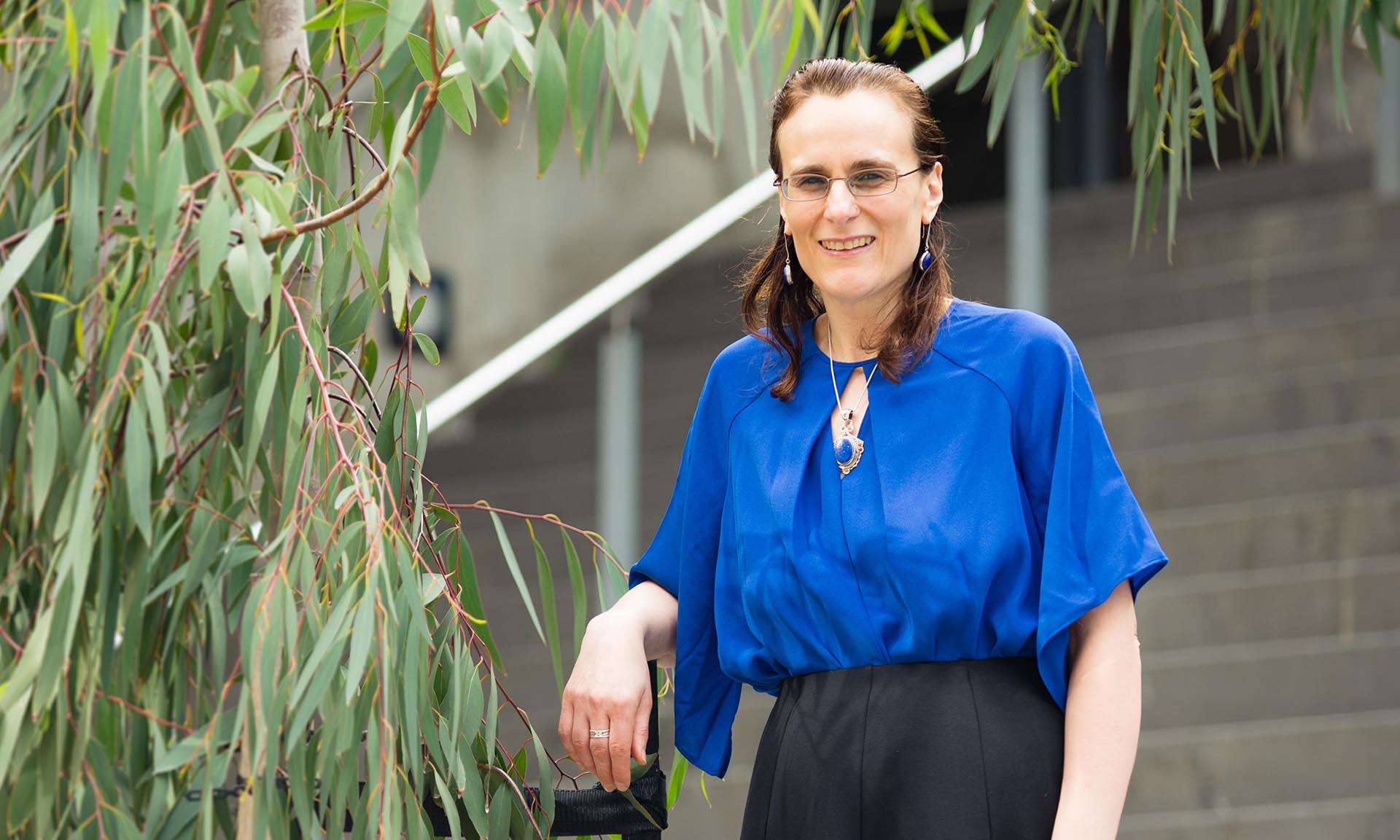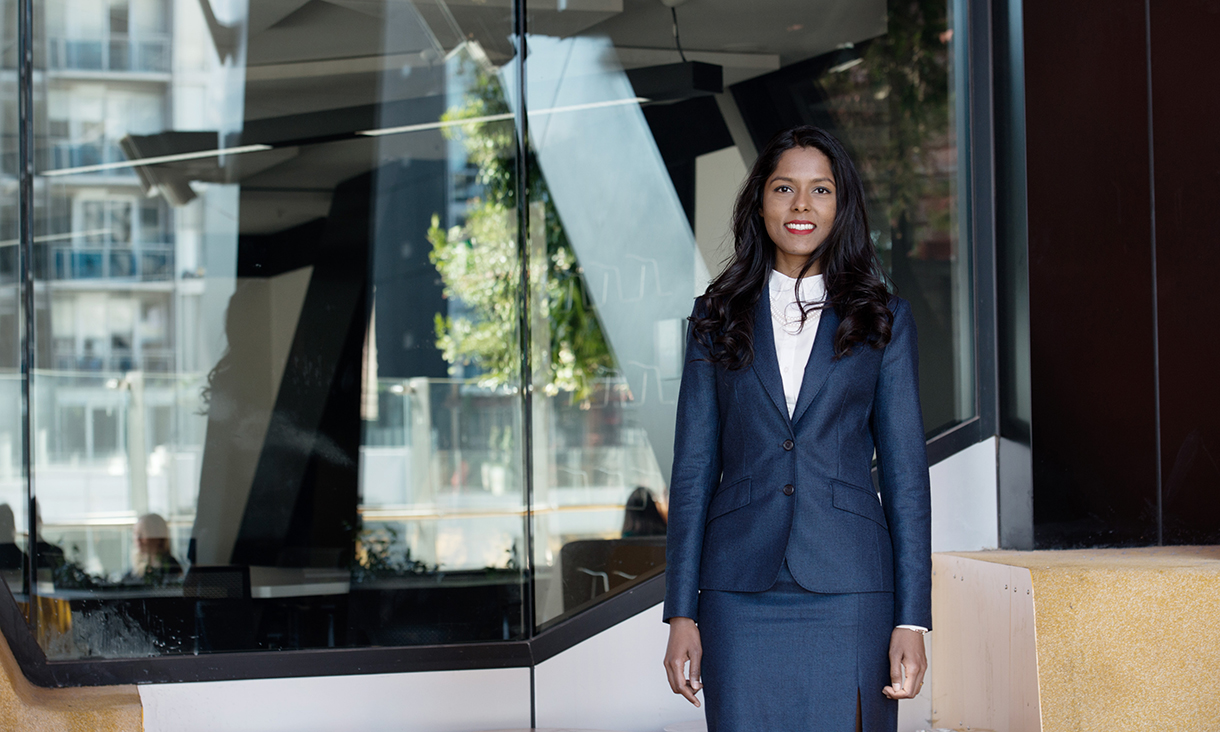RMIT student and now Software Engineer at Mining3, Julian Wise, said the software used financial algorithms along with transparent blockchain ‘smart contracts’, to enable the trading of derivatives.
Derivatives are financial contracts where buyers agree to purchase an asset, in this case unprocessed ore containing gold, on a specific date at a set price.
Unprocessed ore is often stockpiled if not profitable to process or extract at current market rates. But Wise said that fluctuations in commodity prices and advances in mining technology meant ore which was previously unprofitable often becomes profitable to process in the future.
“This application simply harnesses that future value of unprocessed materials today to give miners immediate cash flow and royalties from their stockpiles, whilst enabling market traders to profit on future price increases,” Wise said.
“But while people are already trading on the future value of processed metals and minerals, no-one has applied the same pricing mechanisms and exchange styles higher up the supply chain to unprocessed minerals.”
The team’s pioneering project was presented this week at the 3rd Symposium on Distributed Ledger Technology on Queensland’s Gold Coast.
To develop the prototype software, RMIT University students worked with Australia's leading collaborative research and development group for the mining industry, Mining3, who had a vision for a next generation blockchain-backed platform.
Mining3 senior mining researchers provided the mining industry context and know-how on mineral price calculations while the RMIT Software Engineering and IT students developed the pricing algorithm, blockchain ecosystem and website interface.
Mining3 Chief Operating Officer, Susan Grandone, said the technology was built through interdisciplinary co-operation, with the solution combining mineral technologies and finance, deployed as a software service. The RMIT team and Julian Wise were the key developers of the platform.
“Mining3 has a history of working effectively and collaboratively with a broad range of innovators,” she said.
“Working with the RMIT team and supporting their efforts has proven to be a very positive experience.”
Media requests: Michael Quin michael.quin@rmit.edu.au, +61 499 515 417




